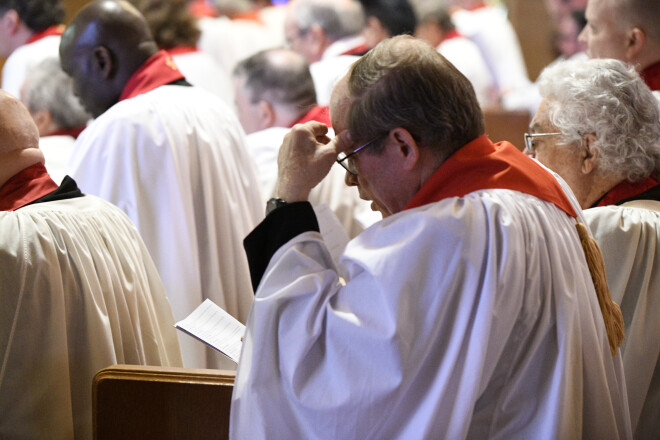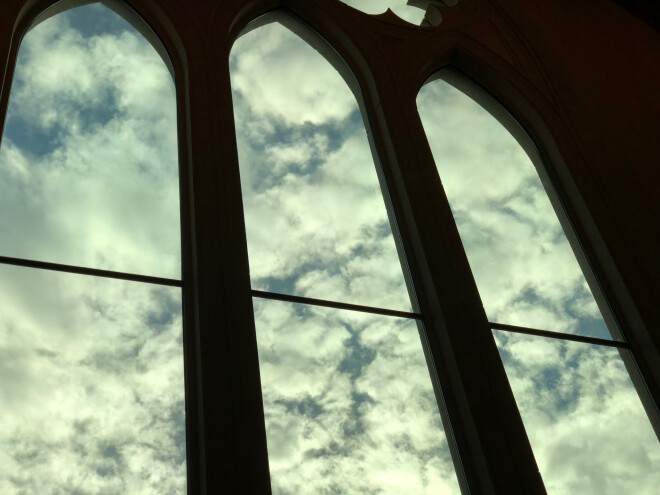The Human is a Political Being

By this Aristotle meant that we are constructed for life together, life in a ‘polis.’ We should take this claim in a strong sense, i.e. not simply that we like fellowship, but that it is a fundamental dimension of who we are.
At the same time it is usually the individual who may decide for faith, and in the individual in his or her own uniqueness that dignity resides. The discovery of this latter claim is related in history to the Gospel.
The human is made for both, solidarity and individuality, though one culture will emphasize one side, another the other. We in our time and place list strongly to the latter. We do well to remember that in heaven we shall stand and praise God together, part of a great company.
God deals with us, both in judgment and in salvation, as both a body and a collection of individuals. Alan Jacobs (in ‘Sin: a cultural history’) speaks of a ‘democracy’ of sinfulness, the fact that we are all broken, as a race and as individuals. So the Old Testament can speak of the consequences being visited on the third and fourth generation, as well as each generation bearing its own guilt. Sin may indeed take the form of losing sight of one side or the other altogether.
Read Ezekiel 18 and give examples and counter-examples.



